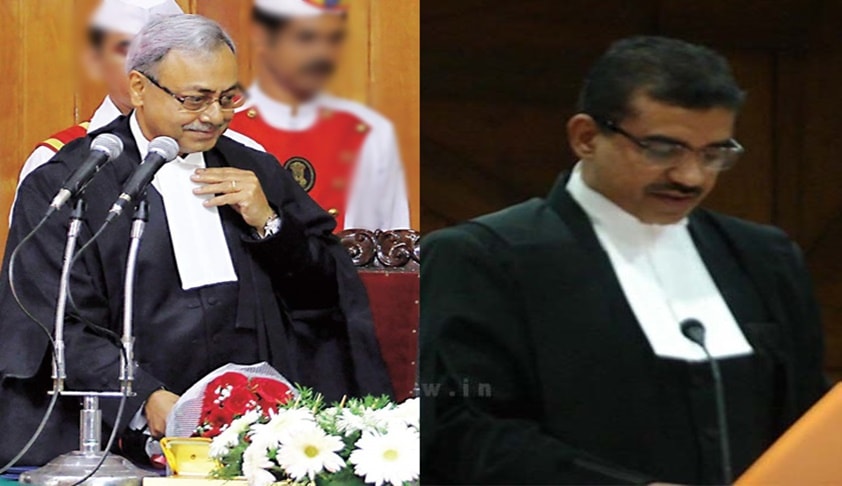By setting aside a judgment of the learned Single Judge, a Division Bench of Kerala High Court has held that it was within the powers of the High Court to notify the cadre strength of District Judges. The Division Bench further held that there was no illegality in including temporary posts in the cadre strength.The Division Bench comprising Chief Justice Navniti Prasad Singh and Justice...

